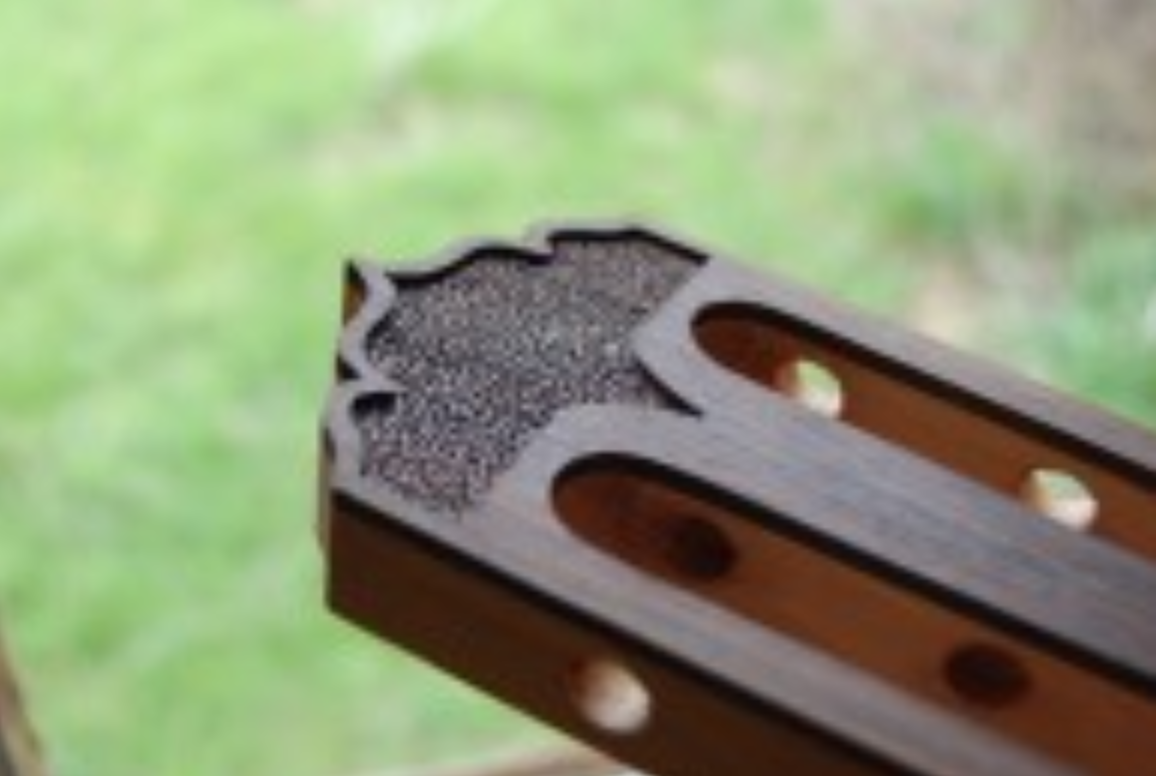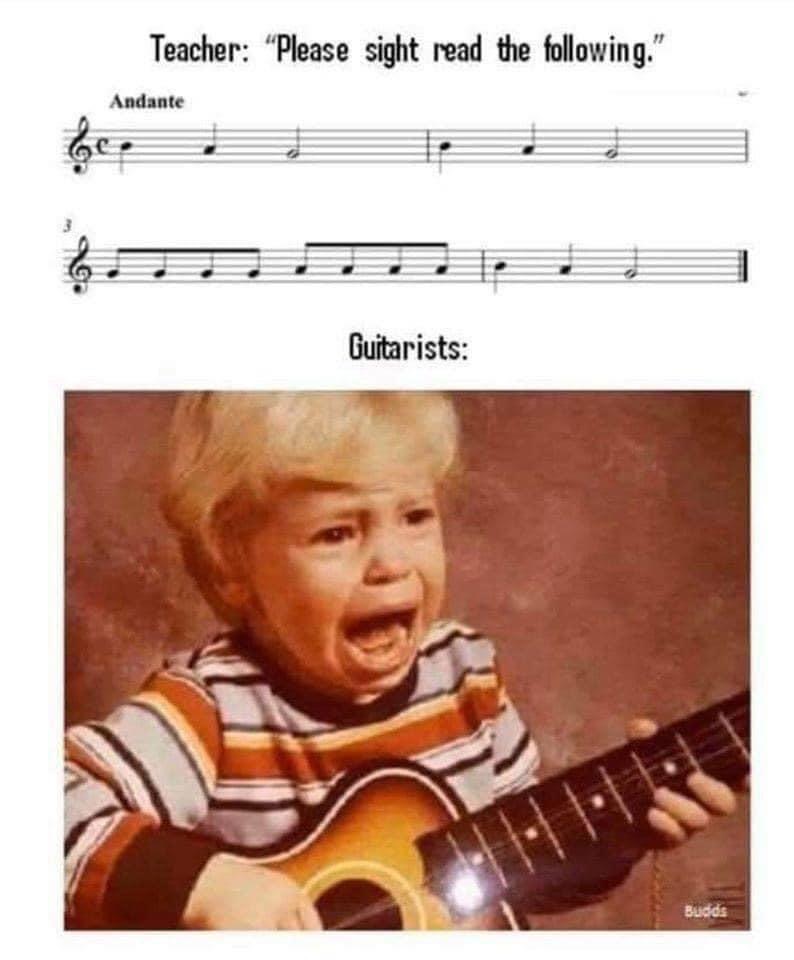|
mark indigo -> RE: foot tapping and tempo (Apr. 28 2020 20:36:05)
|
quote:
To me 3/4 time is the most appropriate and correct time signature for 12 beat compas flamenco music. The other notations are, as you wrote, wrong and make everything look uneccessary complicated.
no, ALL written "time signatures" are technically wrong for an oral music that is not created in written form.
quote:
when it comes to time signature, let's say 3/4 or 4/4 time, I doubt it omits important nuances of flamenco except for polyrhythmic palos like Tanguillo.
the palmas for tangos omits beat 1 and ends on beat 3 (if you count in 4's, or 7 if you count in 8's). 4/4 begins and ends on 1, so the fundamental basics of the compas of the palo are lost already as soon as it is put into an alien written form...
while the harmony for solea and alegrias often sits comfortably in bars of 3/4, the flamenco rhythmic cycle is 12 beats, which is 4 bars of 3/4, so already there is a mis-match between the actual music and the written down interpretation, then there are the 12 beat accents on 3, 6, 8, 10 and 12. So you have two bars of 3/4 with the accent at the end of the bar instead of the beginning, one bar with an accent in the middle not at the beginning, and another bar with two accents, one at the beginning and one at the end. And you have an element of poly-rhythm between the way the harmony and accented compas often cross. Plus the "accents" are often played 3, 7, 8, 10, 12....
Bulerias phrasing can start on 1, or 12, or 10, or 9 1/2... ok, so the last of those is a kind of pick-up, and maybe starting on 10 is a pick-up too, and maybe starting on 1 is a pick-up to the 3, but either way, whether someone writes down what SOMEONE ELSE HAS CREATED WITHOUT WRITING they can choose all those time signatures I mentioned above, and they then have to choose whether 12 or 1 is at the beginning of a bar. There are advantages and disadvantages to both, and what that means is that none of them are quite right, and all miss out on some nuances of the compas. And then there are the poly-rhythmic elements of the 1,2, 4,5, 7,8, 10,11 pulse, and six beat phrasing and 12 beat phrasing and 2 rhythm and 3 rhythm and crossing 2 over the 3 rhythm (which, incidentally I was just listening to this morning on a Sabicas recording from 1960 so is hardly "modern")....
|
|
|
|


